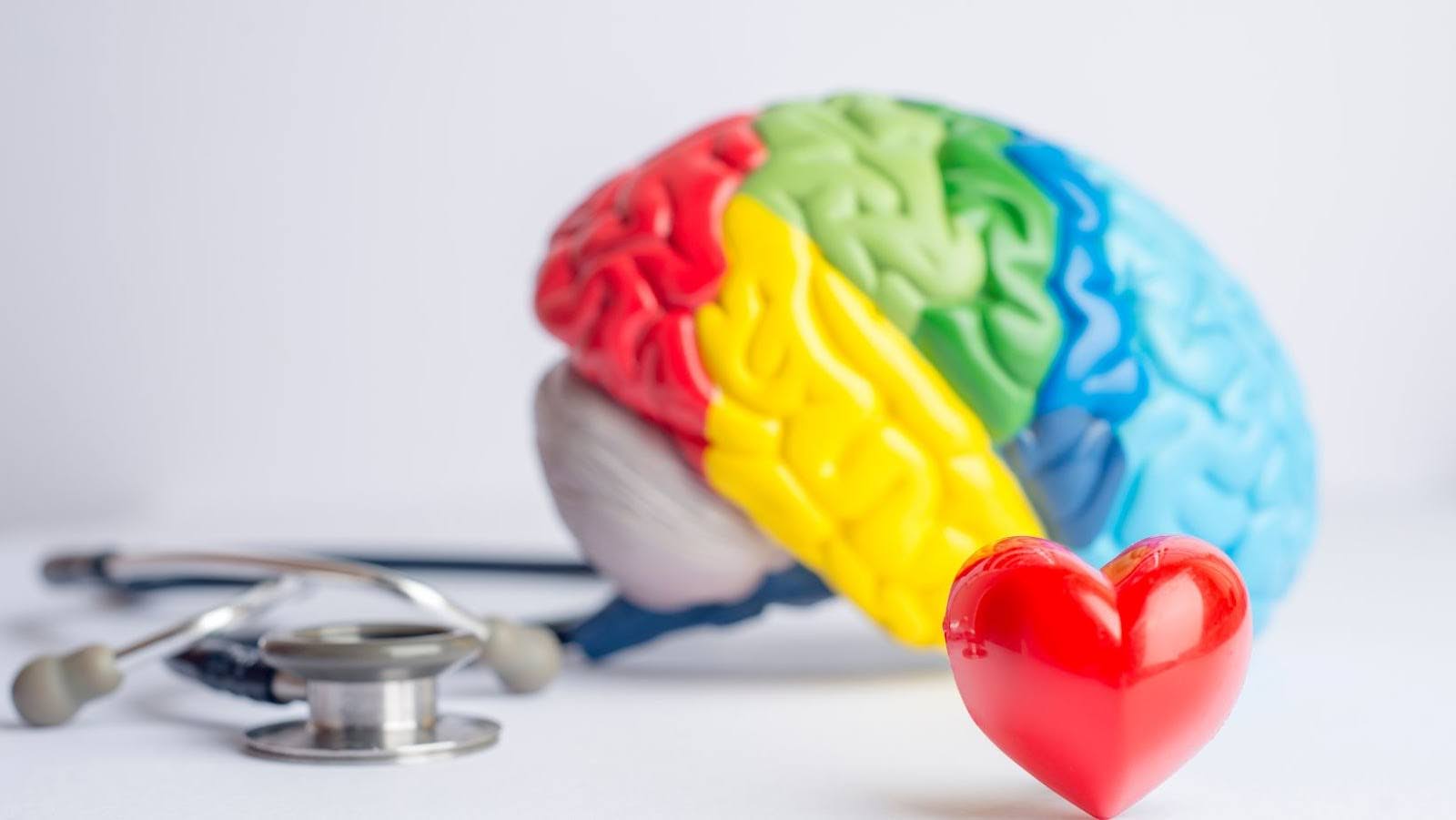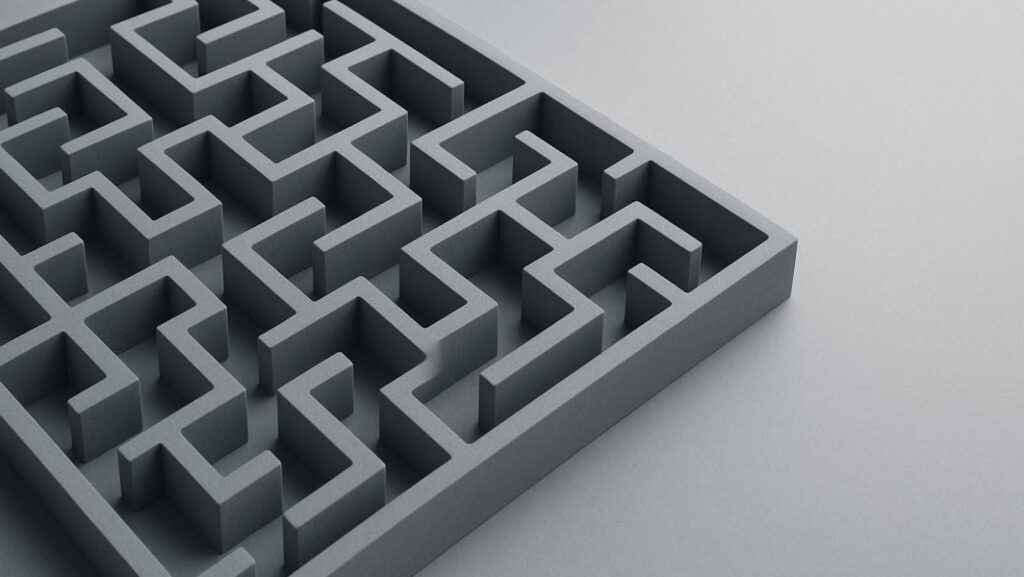Parkour’s discipline and mental agility provide valuable insights for making strategic decisions in various fields. By applying commitment and problem-solving skills from parkour, individuals can enhance their decision-making processes, emphasizing focus and strategic choice.
When engaging in activities that require quick thinking and adaptability, your mindset plays a crucial role in determining outcomes. Just as parkour athletes navigate complex environments with precision, you must approach challenges with strategic thinking. The principles of mental agility and problem-solving inherent in parkour can guide you towards more informed decisions. By focusing on these principles, you can maintain balance and control over your actions. This approach is particularly beneficial in online gambling, where strategic decisions can significantly impact outcomes.
Understanding Mental Agility and Its Impact
Mental agility is the ability to swiftly adapt to new situations and challenges. In parkour, practitioners rely on this skill to overcome obstacles efficiently. Similarly, in strategic decision-making, mental agility allows you to respond effectively to changing circumstances. This adaptability can lead to better decision-making, helping you navigate unpredictable environments.
The significance of mental agility extends beyond immediate decisions. It encompasses the ability to analyze potential outcomes and make strategic choices that align with your goals. By cultivating mental agility, you increase your chances of making calculated moves rather than impulsive ones. This skill set is not only beneficial for specific tasks but also enhances your overall cognitive abilities.
Furthermore, developing mental agility involves honing your concentration and awareness. These attributes are crucial when faced with complex decisions or unexpected shifts. By keeping a clear mind and remaining focused on objectives, you can improve your performance and experience greater satisfaction from your endeavors.
The development of mental agility also requires consistent practice and exposure to diverse challenges. Like parkour practitioners who regularly encounter new obstacles, individuals must actively seek opportunities to test and strengthen their cognitive flexibility. This might involve engaging in brain-training exercises, tackling complex puzzles, or deliberately placing yourself in situations that require quick adaptation. Regular mental conditioning helps build neural pathways that support faster processing and more effective decision-making under pressure.
Applying Commitment from Parkour to Strategic Planning
Commitment is a foundational element of parkour, where each movement requires full dedication to achieve success. This same level of commitment is essential when making strategic decisions. Approaching each task with a clear intention ensures that you remain disciplined and focused on your goals.

Incorporating commitment into your strategy involves setting boundaries and adhering to them consistently. Whether it’s time management or resource allocation, these guidelines help maintain control over your actions. By committing to these boundaries, you prevent impulsive actions that may lead to negative consequences.
This discipline also encourages a deeper understanding of the mechanics and strategies involved in your field. By investing time in learning and mastering different aspects, you can make more informed decisions that align with your long-term objectives. Commitment fosters a proactive approach, enhancing both effectiveness and success.
Problem-solving Skills: A Key Component
Parkour athletes excel at problem-solving due to their ability to assess situations quickly and devise effective solutions. This skill translates well into strategic decision-making, where strategic thinking is paramount. Developing problem-solving abilities enables you to identify patterns, predict outcomes, and adjust strategies accordingly.
By viewing challenges as opportunities for growth rather than obstacles, you cultivate resilience and adaptability. This mindset shift allows you to remain calm under pressure and make calculated decisions that contribute to a positive experience. Problem-solving skills also encourage creative approaches to overcoming difficulties.
The application of these skills enhances your capacity for critical thinking, allowing for more thorough analysis before making decisions. This not only improves performance but also increases satisfaction by fostering a sense of mastery over the process. Embracing problem-solving as part of your strategy ensures a more fulfilling engagement with your activities.


